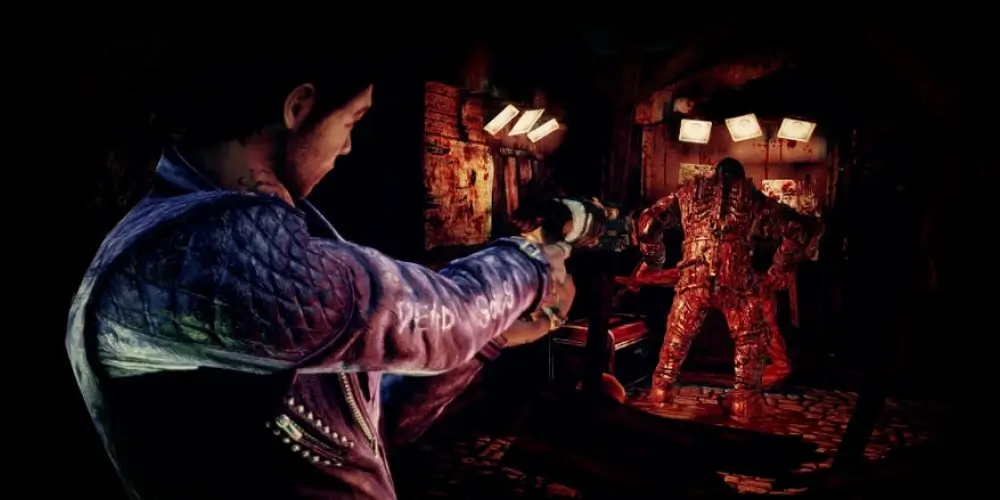

Resident Evil and No More Heroes Creators Criticize Metacritic’s Impact on Game Development
18/09/2024 Vienna Kristy 1485
Metacritic, the infamous review aggregator, has long been a lightning rod for controversy in the gaming industry. Now, two of gaming's most notable creators—Goichi "Suda51" Suda, the mind behind No More Heroes and Killer7, and Shinji Mikami, the father of the Resident Evil series—have joined the growing chorus of developers calling out the platform's negative effects on creativity.
In a recent interview with GamesIndustry.biz, Suda51 expressed his frustrations with the outsized influence Metacritic scores have on game development. "Everybody pays too much attention to and cares too much about Metacritic scores. It's gotten to the point where there's almost a set formula – if you want to get a high Metacritic score, this is how you make the game," he said. According to Suda, this cookie-cutter approach stifles creativity, as developers who deviate from the formula risk losing points and marketability.
Mikami, known for pioneering the survival horror genre, echoed these concerns. He pointed out how smaller, more innovative games are often overshadowed by big-budget titles with massive marketing campaigns. “The kind of games that get the most marketing support are the ones that need to appeal to as broad an audience as possible,” Mikami noted. “More unique games don’t really have the same marketability.”
These are familiar arguments within the industry. Metacritic’s dominance as the de facto measure of a game’s quality has come under fire for years, with accusations that it forces developers to chase scores instead of focusing on originality. There have even been notorious cases where game studios had bonuses withheld for missing certain Metacritic score targets—Destiny and Fallout: New Vegas being prime examples.
Over a decade ago, Kotaku’s Jason Schreier explored this very issue, describing how publishers had turned Metacritic from a "useful tool" into a "weapon" against developers. As someone who occasionally slaps a score on a game myself, I’ve also seen how Metacritic's system can flatten the nuance out of reviews. Translating a thoughtful, star-based review into a number often invites backlash from fans, especially if they’ve already decided the game in question is a masterpiece.
The conversation between Suda51 and Mikami took place as part of a larger interview about Shadows of the Damned: Hella Remastered, the upcoming remaster of their 2011 third-person shooter. The interview also touched on another collaboration between the two that never saw the light of day—Zombie Rider. Reflecting on the failed project, Suda quipped, "Maybe it just wasn’t fucked up enough. If it was a bit more fucked up, maybe Mikami would have been into it."
Despite these challenges, Suda51’s Grasshopper Manufacture—acquired by NetEase in 2021—is still working on a new, unannounced IP, hinting that creativity can persist in the face of Metacritic's looming shadow.
For developers like Suda and Mikami, and for the wider gaming community, the question remains: Will we keep letting Metacritic dictate the direction of game development, or will we find a way to celebrate innovation without reducing it to a single number?
 Recent Blogs
Recent Blogs
Mouthwashing Review: A Twist ...
10/10/2024 3220
Pathologic 3 Announced with ...
08/10/2024 3020
Best Weapons in Black Myth: ...
06/10/2024 2238
Corporeal: A Horror Puzzle G ...
04/10/2024 1776
Ara: History Untold Review: ...
02/10/2024 2283
 Trending Blogs
Trending Blogs
Alone In The Dark Review
21/05/2024 3273
Larian Studios: Embracing N ...
05/08/2024 3256
Mouthwashing Review: A Twist ...
10/10/2024 3220
Pathologic 3 Announced with ...
08/10/2024 3020
Prince of Persia: The Lost Crown
25/05/2024 2990







